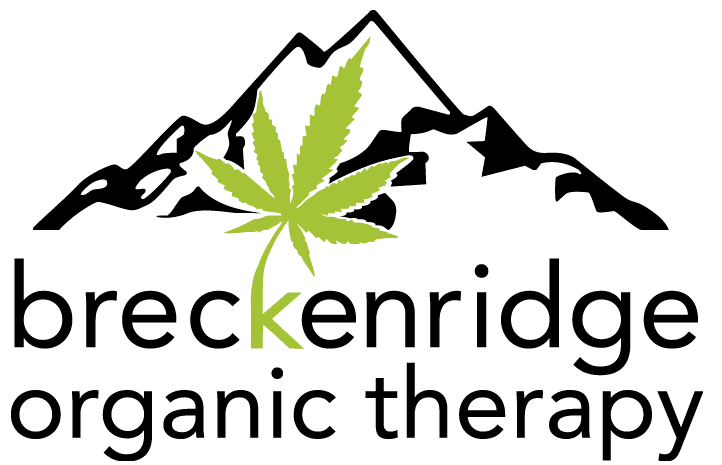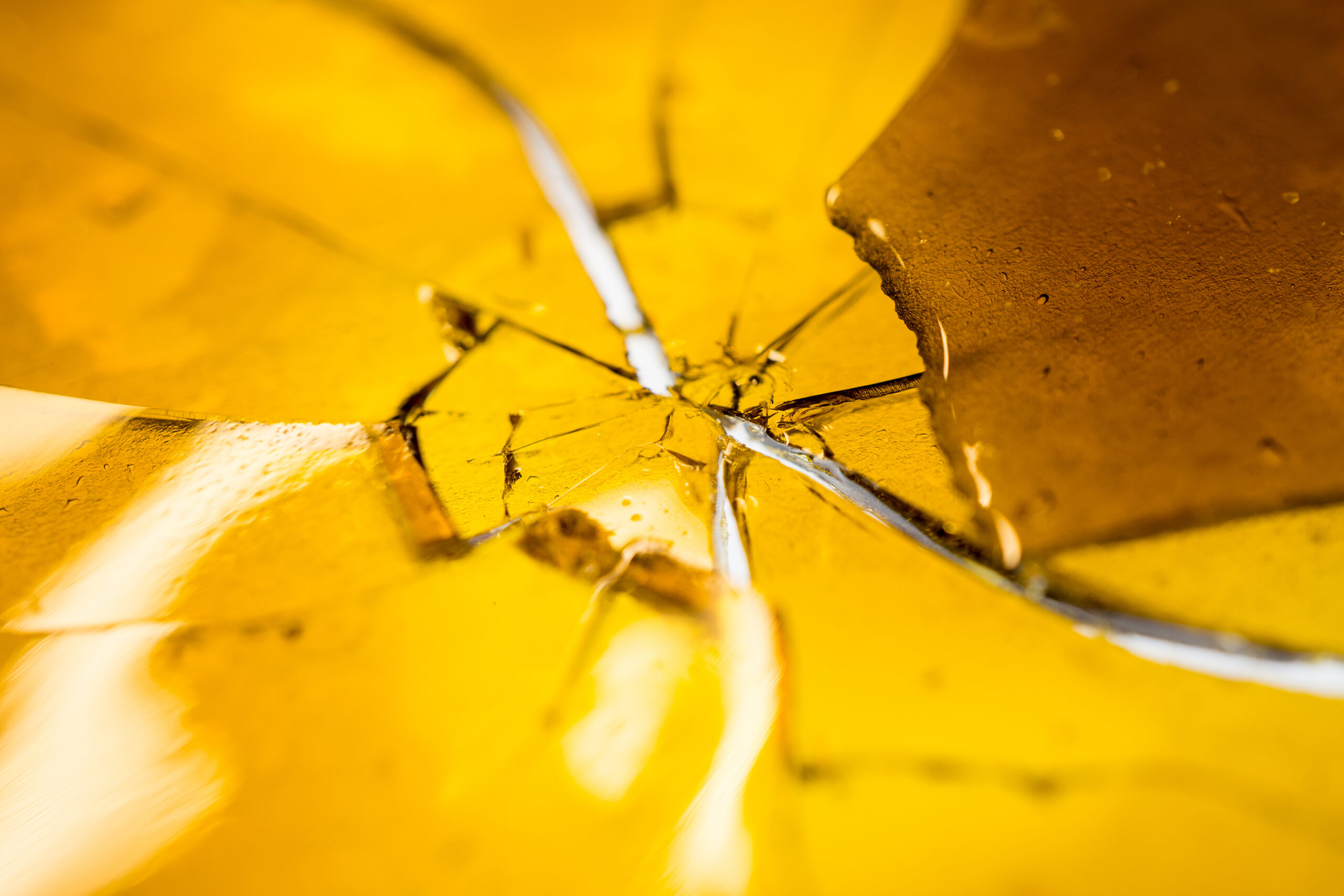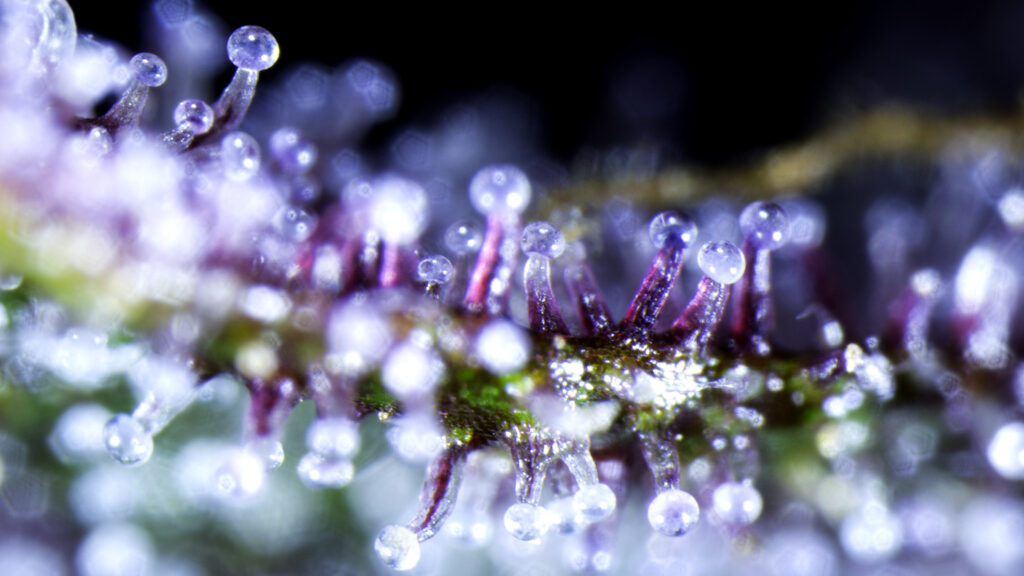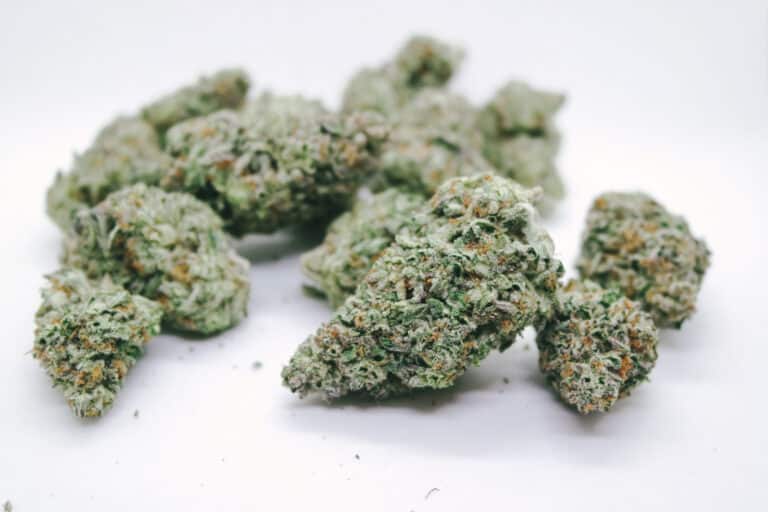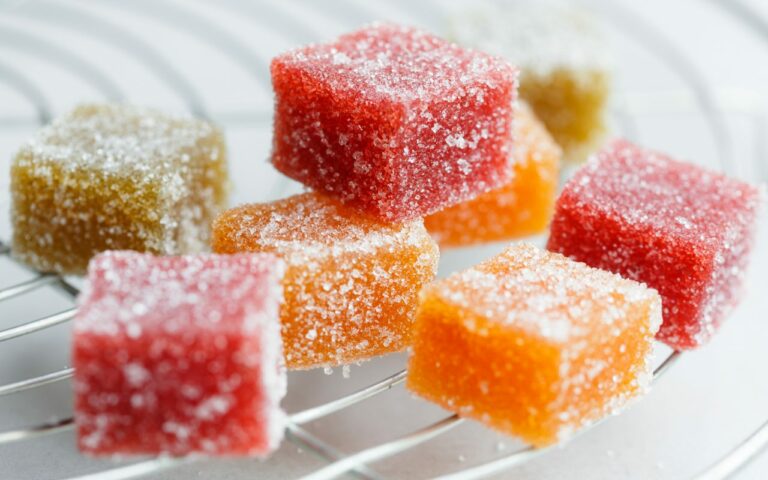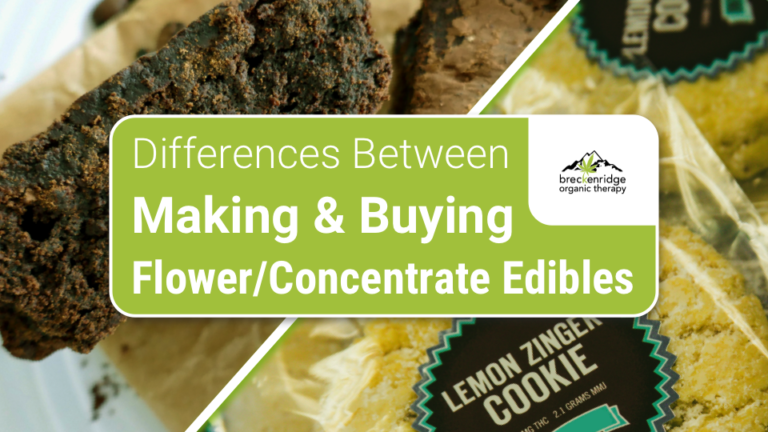Welcome to the world of cannabinoids! Learning about the various types of Cannabinoids is useful and rewarding for anyone wanting to cultivate a deeper understanding and relationship with marijuana. So, without further ado— here is our complete Cannabinoids 101 Guide at your disposal. Remember, to check out our Cannabis 101 page for general info about cannabis and it’s effects.
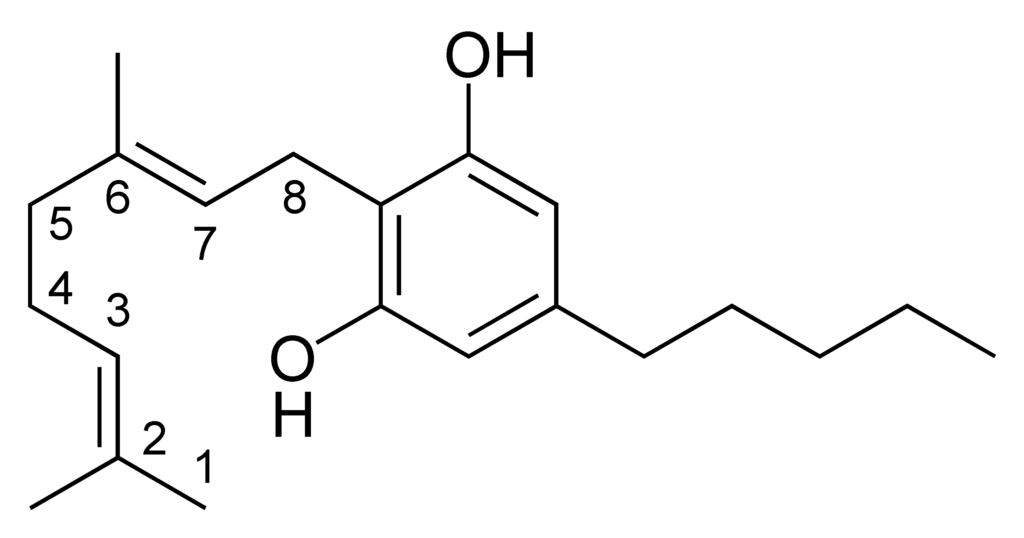
What exactly is a Cannabinoid?
Cannabinoids are chemical compounds that are produced naturally via the cannabis plant. They have a very unique make up in that they are fully able to interact with the human body’s own cell receptors. In a complex series of pathways, these interactions alter how chemicals get released in the brain, producing an array of effects throughout the entire body.
Recently scientists have discovered 113 types of cannabinoids—with most of them exhibiting their own unique effect. Of the 113 cannabinoids, CBD, CBN, and THC are without a doubt the top strains that have received the most attention and research over the years.
The Endocannabinoid System
The endocannabinoid system (ECS) is a network of cellular receptors that run throughout our entire body that are influenced by cannabinoids. If our bodies did not have an endocannabinoid system, cannabis and cannabinoids in particular would have little if any influence over our physical and emotional wellbeing.
With that being said, it is important to note that cannabis is not the only way to stimulate our endocannabinoid system. In fact, the human body produces its very own cannabinoids.
What are Phytocannabinoids?
Much like our own bodies, marijuana produces its own network of cannabinoids that are referred to as “phytocannabinoids.” Since phytocannabinoids are structurally similar to the endocannabinoids we produce—they are able to bind to both our CB1 and CB2 receptors throughout the body.
The highest concentrations of cannabinoids are produced in the thick resin of the plant. The resin is composed of delicate structures called trichomes that form on the buds of the plant— resembling tiny little crystals. The overall density and size of the trichomes are key indicators of cannabinoid concentration levels. The more trichomes present, the more potent the cannabinoids are.
Cannabinoids are found in varying amounts throughout the structure of the plant, but the highest concentrations are found in flowering female cannabis plants.
THC (Tetrahydrocannabinol)
Boiling Point: 315°F
Odds are if you know of only one cannabinoid, it will more than likely be Tetrahydrocannabinol (THC). THC is one of few psychoactive cannabinoids that produce the classic feelings of euphoria or “being high.” This is why strains that are high in THC are among the most popular among cannabis connoisseurs. In fact, it is popular for seasoned users to seek out cannabis strains that involve the perfection of extracting and consuming THC in the form of high quality concentrates and extracts.
The effects that THC produces happens when it binds to the CB1 receptors in our brains— creating a release of chemicals that increase dopamine levels and other side effects.
CBD (Cannabidiol)
Boiling Point: 356°F
When it comes to the healing properties of cannabis, there is no cannabinoid more effective than cannabidiol (CBD). CBD is not psychoactive like its THC relative, and not only that, it actually counteracts the psychoactive effects of THC. CBD accounts for a multitude of legal medicinal and supplemental therapies sans the mental high.
CBD is typically extracted out of hemp plants that barely contains any THC in them, however, breeders are now beginning to cultivate cannabis strains that are CBD dominant due to this cannabinoid’s increase in popularity. The many benefits of CBD are too extensive to detail in this blog, but feel free to check out our CBD 101 Guide to learn more about them!
CBG (Cannabigerol)
Boiling Point: 428°F
A fully mature cannabis plant initially produces large amounts of cannabigerol (CBG), however, about 99 percent of the CBG is converted into other cannabinoids. This is why it is commonly referred to as the “mother cannabinoid” or “stem cell cannabinoid”. While CBG is the precursor for many cannabinoids, it primarily converts into CBD and THC—which is why this cannabinoid is so important in the world of cannabis. CBG itself is not psychoactive and is proving to be beneficial in the treatment of cancer, bladder and bowel diseases, pain, glaucoma, anxiety and inflammation.
CBN (Cannabinol)
Boiling Point: 365°F
Cannabinol (CBN) is the only cannabinoid that is not a derivative of CBG, but instead is formed from broken down THC. This is why it is important to store your product properly—otherwise it can cause your THC to degrade from light exposure and oxidation into CBG, which is not psychoactive.
Although the presence of CBG does indicate a loss in THC potency, it does have important medicinal benefits. It has been shown to have notable antibiotic, sedative, and analgesic properties.
CBC (Cannabichromene)
Boiling Point: 428°F
Much like CBD, Cannabichromene (CBC) is another non-psychoactive cannabinoid. But unlike CBD, CBC has zero effects on THC. Instead CBC appears to be influenced by THC by enhancing the anti-inflammatory properties already present in CBC.
This is a sterling example of the “entourage effect” in play. For those of you who don’t know what the entourage effect is, it is the notion that all of the cannabinoids are synergistic with each other, and it is best to consume “whole plant” products for maximum health benefits.
CBC also contains anti-inflammatory, antibiotic, and anti-fungal properties, making it a go-to ingredient for topical preparations.
THCV (Tetrahydrocannabivarin)
Boiling Point: 428°F
As a THC counterpart, Tetrahydrocannabivarin (THCV), this cannabinoid is the subject of debate in the cannabis community. Some studies have shown THCV to be an antagonist of THC receptors, meaning it reduces the mental high of THC.
However other studies have found THCV is a strong psychoactive cannabinoid—claiming it is even stronger than THC. There is a hypothesis that THCV may act like both THC and CBD. The theory is THCV will act more like CBD in lower doses, but more like THC once you get to higher doses.
Δ-8-THC (Delta-8-Tetrahydrocannabinol)
Boiling Point: 347°F
Still regarded as a newbie in the recreational crowd, this cannabinoid could be considered a sort of unguarded secret in the dabbing world. Delta-8-Tetrahydrocannabinol (Δ-8-THC) has some psychoactivity, but not as much as Δ 9-THC (the most abundant psychoactive contained in the plant)
There has been promising research correlating Δ-8-THC to cancer cell death, and in Jerusalem alone, researchers claim there have been 480 cases of successful cancer treatments using this cannabinoid.
CBDV (Cannabidivarin)
Boiling Point: 356°F
Cannabidivarin (CBDV) is very synergistic with CBD in that it boosts CBD’s anticonvulsant benefits, making it an extremely effective for the treatment of epilepsy.
THCA (Tetrahydrocannabinolic Acid) and
CBDA (Cannabidiolic Acid)
Boiling Points: THCA 220°F, CBDA 248°F
These acidic compounds allow the body to metabolize cannabinoids via the bloodstream, allowing them to effectively bind to receptors. When these acidic cannabinoids are exposed to heat, they convert into a substance that the body can use in a process called “decarboxylation.” If you have ever heard the concept that raw cannabis has to be activated/ decarbed, this is what it is referring to.
There are a whole host of other acidic compounds for most cannabinoids that convert by the application of heat—with some requiring lower temperatures to make the conversion happen.
Wrapping it up
From what they do, how, and why—we hope this guide has been helpful in teaching you to understand the intricacies of the most prominent cannabinoids found in this amazing plant, and that it will help you to cultivate a better relationship with cannabis for your overall health and happiness.
Here is a great video breakdown of the most common Cannabinoids, including how specific smell and taste profiles influence the health benefits and side effects of each plant.
Breckenridge Organic Therapy carries a variety of cannabis products that are naturally sourced and high quality. Feel free to stop by or contact us with any questions you may have and we will be happy to help!
Copyright © 2024 Breckenridge Organic Therapy |
Site by CannaPlanners
